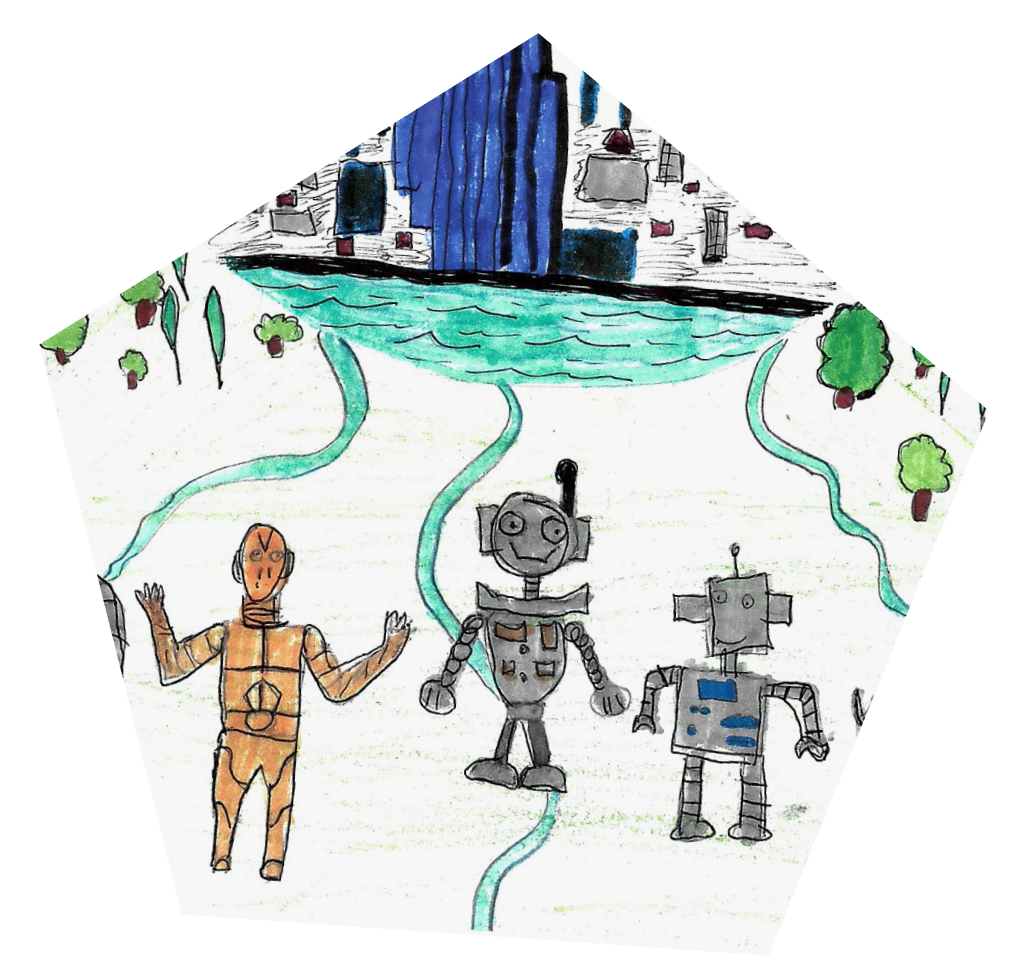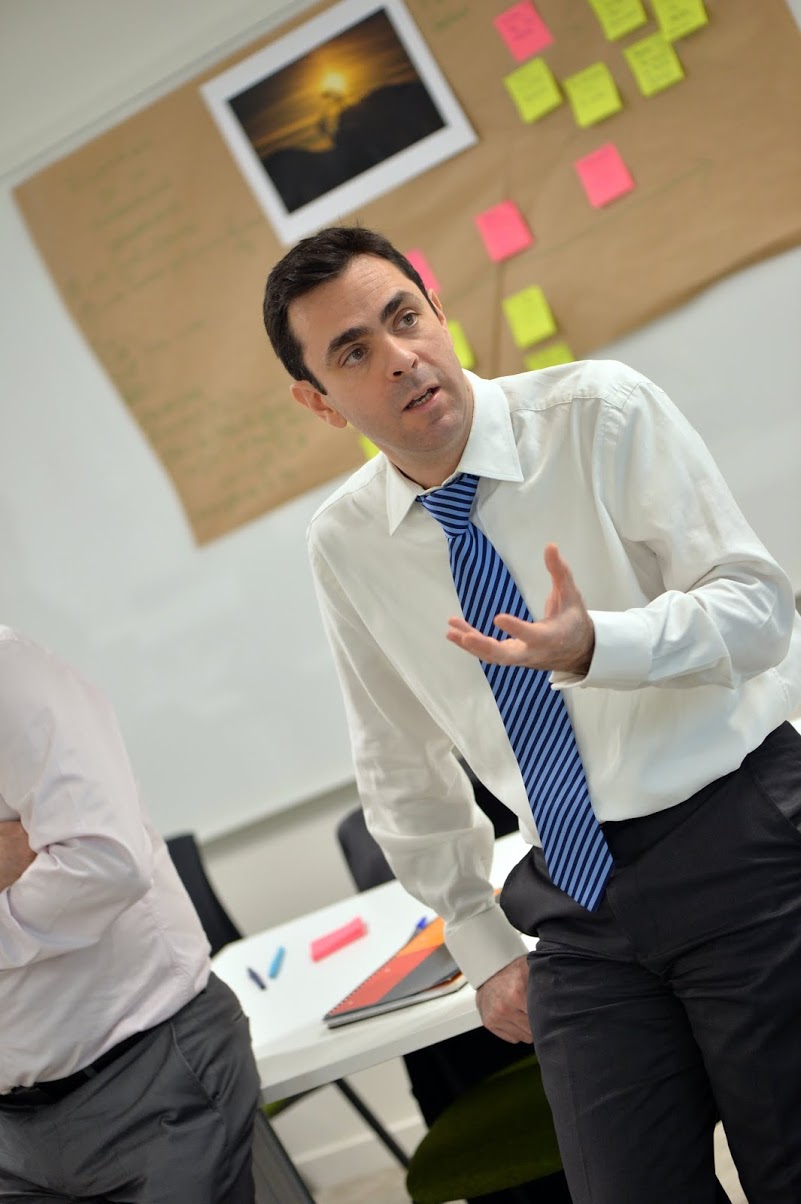AI – the new cornerstone of an optimised customer journey?

As part of the digitalisation of customer and employee journeys, Groupama has for several years been exploring how Artificial Intelligence might contribute to improving the operational efficiency of its employees and the services it provides to its customers. Several use cases are already deployed on a company-wide basis. With what goal? In what business areas? And in what ethical framework?
These are some of the questions we put to Thibaut Aboulker, Director of the Affinity Insurance and Services Division, Business Projects and Group Digital Transformation.

What’s the state of play with Groupama’s digital transformation?
Thibaut Aboulker, Director of the Affinity Insurance and Services Division, Business Projects and Group Digital Transformation
Thibaut Aboulker: It is now well under way, as evidenced by the creation several years ago of the Digital Transformation Department. Its mission is to transform the Group through digital technology, for the benefit of our customers and employees alike. We make a concerted effort to pay equal attention to our employees because it drives operational efficiency and helps to attract and retain talent. In concrete terms, Groupama’s digital transformation has made it possible to develop a range of services around the idea of “selfcare”, both on our public website and via our mobile app ‘Groupama et moi’ [‘Groupama and me’]. These services include sending healthcare quotations and invoices, checking reimbursements, reporting and monitoring the management of claims online etc. We have also provided farmers with digital tools to make their life easier. For example, crop insurance renewals can be done entirely online.
The backbone of the transformation – and our strong local footprint entitles us to make this claim – is an omnichannel presence. Depending on their situation, customers choose how they wish to interact with us: by speaking to an adviser over the phone, by visiting a local branch for a face-to-face meeting, or by looking after their own affairs thanks to our “selfcare” services. This means that, in the event of a roadside breakdown, the customer can choose whether to contact an operator or submit their recovery request via their mobile. This feature was launched in 2023, and around 15% of our members use it.
In terms of our employees, the digital transformation has made it possible to modernise the ergonomics of the workstations of our claims managers and salespeople, and to give them a comprehensive view of our members’ interactions with Groupama. The result is a smoother and more personalised customer relationship. At the same time, we have started implementing Artificial Intelligence solutions to help our employees with combatting fraud or formulating sales proposals.
How exactly does artificial intelligence fit into this transformation, and what are the first use cases deployed at Groupama?
T.A : We see AI as a tool that can benefit our business lines and our customers. It requires IT investments and sometimes large amounts of data, but it should not be pigeon-holed as a technical subject matter. For Groupama, it is simply a part of our business. That is why we began by discussing with our teams how AI solutions could help them overcome their challenges, be more efficient and ultimately better serve our customers, while also reducing our costs. Once these business challenges had been defined, AI did what it does best and helped to provide solutions. For example, we use image recognition capabilities to speed up the management of a claim or to avoid the need for an on-site expert appraisal.
Could you tell us about the OpenAI Hackathon organised with Microsoft in May 2023?
T.A.: This event allowed us to test how OpenAI’s ChatGPT capabilities could be applied to our business lines under favourable conditions and with support from Microsoft engineers. These capabilities are extremely powerful and promising; it is a genuine technological breakthrough. Through the ripples that it generated, this Hackathon also demonstrated how Groupama is at the forefront of innovation on this topic. It piqued a lot of interest in our teams, so we set around 50 employees from our central departments, our IT EIG, our subsidiaries and our regional mutuals to work on five preselected use cases.
We decided to implement three of these cases.
- The first to be deployed on a company-wide basis was Groupama Épargne Salariale Intelligence Conversationnelle Artificielle. Integrated with Teams, it helps employees at our salary savings subsidiary to quickly locate the information they need from the entire body of documentation. This makes it easier to respond to customers and helps to develop employees’ skills.
- Currently being rolled out, the second use case is a chatbot that can guide our individual customers and draw on the 1,200 pages of the groupama.fr website to provide them with documented responses to their queries.
- The third and final use case is to use this chat for more direct sales purposes.
What is your AI roadmap and how does it incorporate our mutualist values?
T.A.: We are still at the beginning with this. And while AI is not an end in itself, we will continue to use it to support our business lines, gradually enhancing solutions and benefitting from their continual improvement in line with the learning curve specific to AI. But wherever a human being is either preferred or more suitable, Groupama will continue to provide solutions involving employee interaction. Furthermore, in line with our mutualist values of respect and protection for people, we demand a responsible and ethical approach to AI and have defined a specific compliance framework for future use cases. As well as always retaining data ownership, we will be particularly careful to ensure that AI solutions are used to satisfy a genuine business need or customer need.
A mutualist AI means being a responsible, ethical and people-centred AI for our employees and members!

